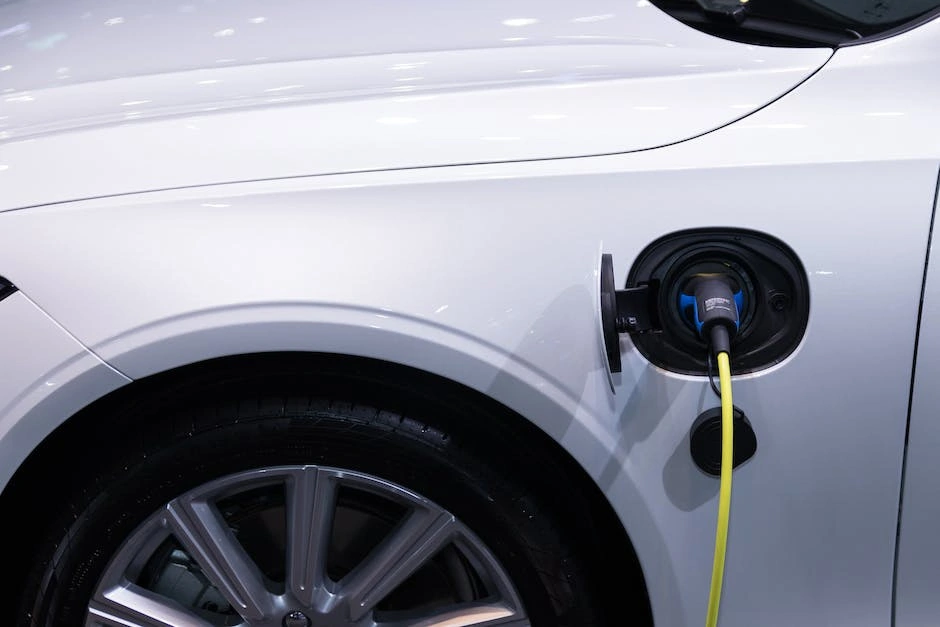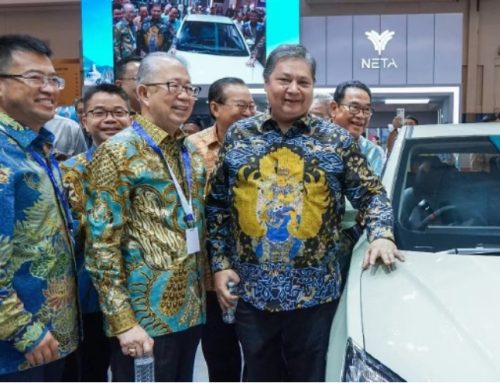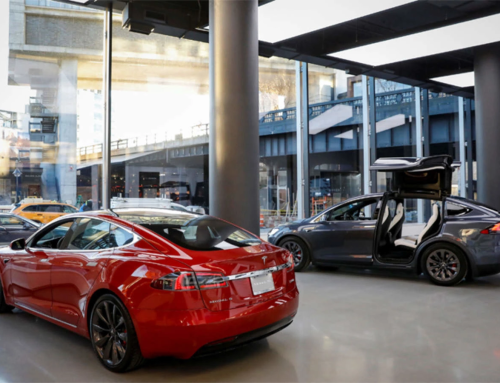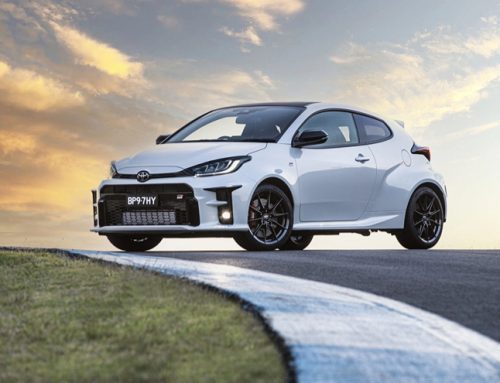Japanese media say China will overtake Japan in 2023 to become the world’s largest car exporter

China’s auto exports will surpass Japan in 2023
Japanese media said that China will overtake Japan this year to become the world’s largest car exporter.
On July 31, according to a Caixin report quoted by Japan’s Toyo Keizai Online, the industry expects China to overtake Japan this year to become the world’s largest auto exporter.
This historic change has also attracted attention in Japan.
In the first quarter of 2023, China and Japan exported 1.07 million and 954,000 vehicles, respectively, according to the two countries’ associations of automakers.
It is generally expected in the industry that China’s auto exports will surpass Japan in 2023.
Gong Min, director of China’s auto industry research at UBS, pointed out that before 2021, China’s auto exports have hovered around 1 million vehicles for about 10 years, and the explosive growth in the past three years is an “amazing performance.”
Japanese media believe that one of the key reasons is the emergence of electric vehicles.
At the end of June, Wang Hua, deputy dean of the Graduate School of Business Administration of Emlyon Business School in France (and dean of the Asia College of Shanghai Business School), visited Europe and attended the new energy vehicle conference.
He said: “It feels like attending a conference about China.
In just one morning, China appeared many times in the speeches and discussions of the representatives.”
“Now the whole world knows that China’s electric vehicles are leading and China’s auto industry is doing well,” said an executive at a well-known international consulting firm, who did not want to be named.

Chinese companies can adopt aggressive overseas strategies
The British media said that the truly attractive electric vehicles in the European market are the Model 3 and Model Y exported from Tesla’s Shanghai factory, as well as the products of SAIC MG.
A German car magazine disassembled SAIC Motor’s electric car “MG4” and commented that “this is an electric car developed for the public”, because the current price of electric cars in Germany is generally high.
SAIC attaches great importance to such evaluations.
On July 4, Yuan Yingcheng, General Manager of SAIC Germany, said in an interview: “Germany is the birthplace of automobiles, with world-renowned companies such as Mercedes-Benz, BMW, and Volkswagen.
Auto products from any country want to be recognized in Germany.
The difficulty is similar to foreigners selling ceramics in Jingdezhen.”
The article pointed out that this is a historic opportunity.
With a leading position in electric vehicles, Chinese companies can adopt aggressive overseas strategies.
In fact, almost every Chinese company has announced such plans in succession.
According to previous reports, BYD will expand overseas starting in May 2021, with production bases all over the world.
The SAIC Thailand Industrial Park also started construction in May this year, and Changan Automobile also announced the construction of a production base in Thailand in the same month.
In July, Chery Automobile announced the construction of factories in Indonesia, Malaysia and Thailand.
However, some experts pointed out that due to the complex and unstable current geopolitical situation, Chinese car companies may not go overseas as smoothly as Japanese and Korean car companies, and Chinese companies are facing unprecedented challenges in their global expansion.
Some countries have already taken action, especially in Europe, and global car companies are ready to fight with Chinese car companies.
Carlos Tavares, CEO of Stellantis, warned yesterday that competition with Chinese manufacturers would be “extremely brutal”: “Chinese manufacturers compete at 25% less cost than us, and we have to fight.
We need to reduce costs to ensure we continue to be profitable at prices affordable to the middle class.”
Western automakers need to use “the same weapons” as their Chinese rivals, sourcing components in lower-cost countries and partnering with battery suppliers that offer the best mix of energy, cost and weight, Tavares said.
He said bluntly: “This means that we need to provide a procurement plan that allows us to sell cars such as Citroen C3 at a price of 25,000 euros (currently about 198,000 RMB) or lower.”






Leave A Comment